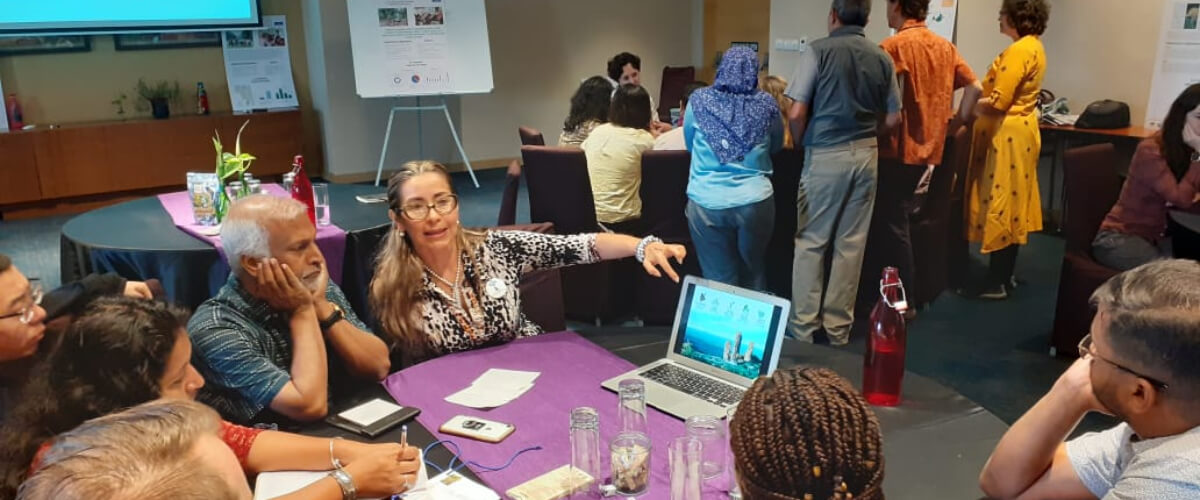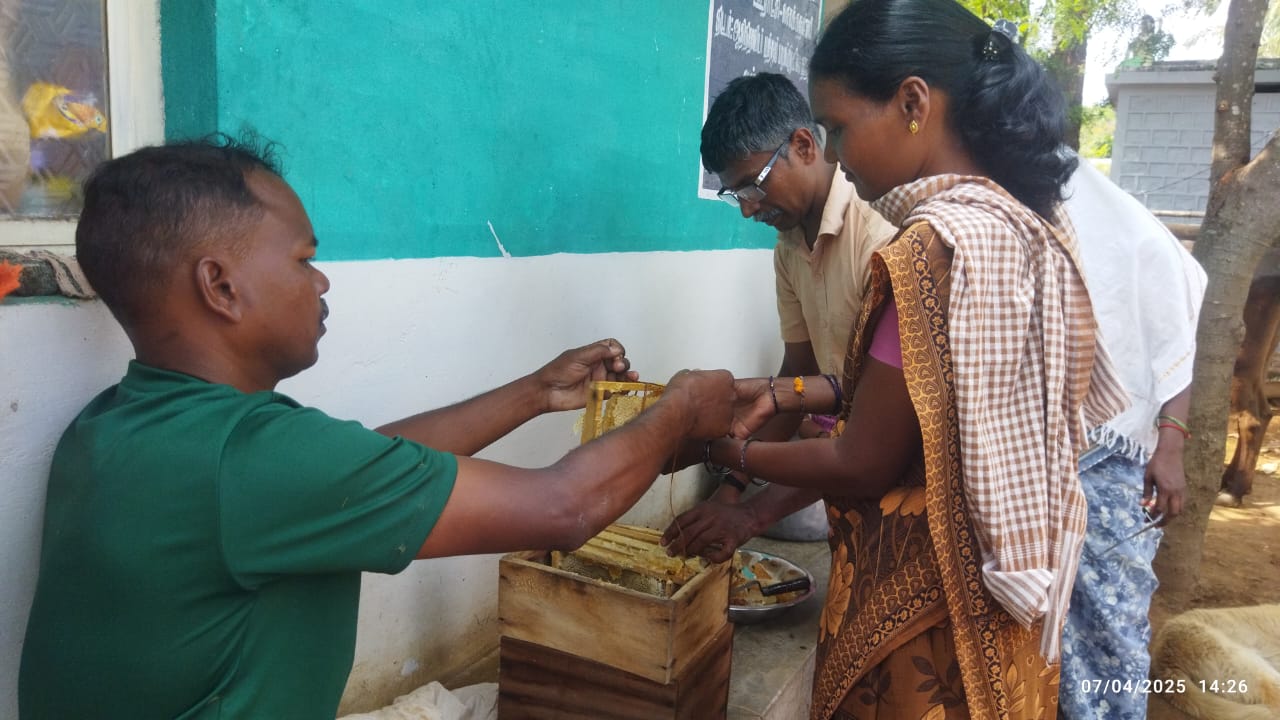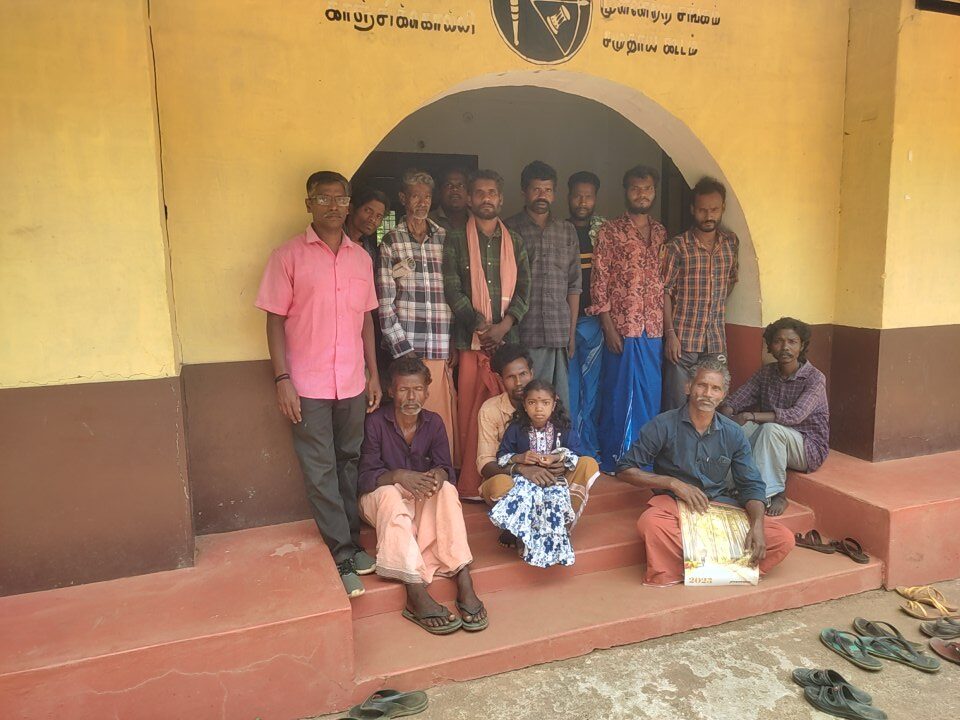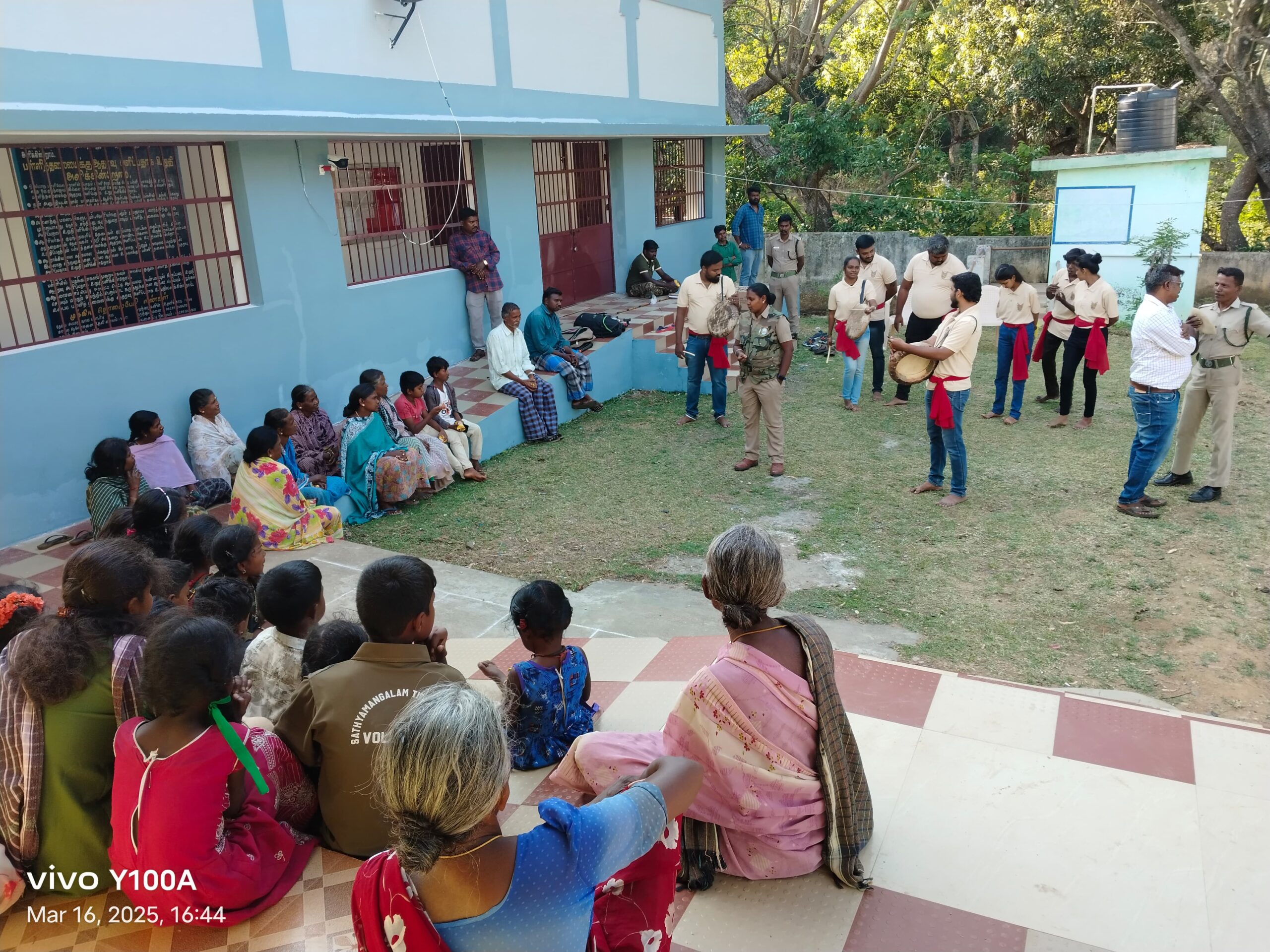Learning Network Meet- 2019.
Keystone Foundation’s growth has always stood on the principle of accepting and trying new models of conservation and development work. Conservation Agreements (CA) is one example of the same. CA is a model which is being tried and tested in different parts of the world and it was given a try as a pilot in 6 villages of Dhimbam area of Satyamangalam Tiger Reserve (STR) too by Keystone Foundation.
CA is a model where different stakeholders come forward to agree on much-needed conservation actions. And in return, the benefits would be given to the beneficiaries by the facilitator of the agreement. Monitoring of the accepted actions would be carried on and incompliance would be marked to decide on the penalty.
It is a model that works on the ideas of “incentives for conservation actions”. This model is widely accepted and replicated in different places by Conservation International (CI). Each year it organizes Learning Network Meet, where the organizations and institutions working on the same lines meet and discuss success as well as failure stories from the experience.
This year’s Learning Network meet was hosted by Keystone Foundation from December 4th to 9th with Coimbatore as a venue for the meet and Hasnur in Sathyamangalam Tiger Reserve (STR) for field experience. Theme of the year’s meet was “Incentivizing conservation through community enterprise and sustainable supply chains” In total, 40 representatives from 29 countries around the world were part of it and added colour and diversity of thoughts.

Week-long time was a platform to interact, share experiences and also seek help to sustain and improvise the work undergoing. In the process lots of learning came out and few to highlight are as follows –
“Knock the door at the right time and it opens”- Pratim Roy, Keystone Foundation.

“Push for networking amongst the same type of work carried”- Zachary,
Conservation International.
“Conservation Agreement model has the capacity to enter the government policy too and the South African Government is formally adopting it” – Rosy, South Africa.
“People do change their behavior through incentives, but it is more of being there and present in continuity”- Alexander, South America, Conservation International.
In whole, it was a time to understand and discuss various topics like, importance of community enterprise and Do’s, Dont’s of it, value of monitoring and evidence, private sector engagement, and lessons from the failures in the form of Fail Fest.
The best part of the Learning Network Meet was the field visit and interaction of 40 representatives with the beneficiaries of 6 Dhimbam Villages of STR followed by dancing together and traditional lunch cooked by Barefoot Ecologists.
By Bhavya George


















